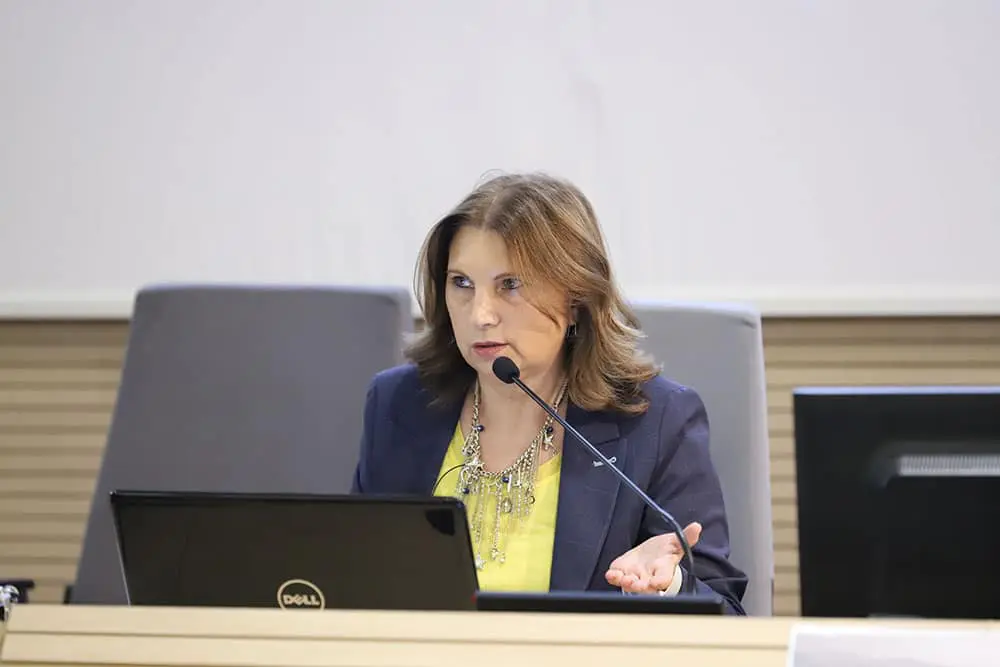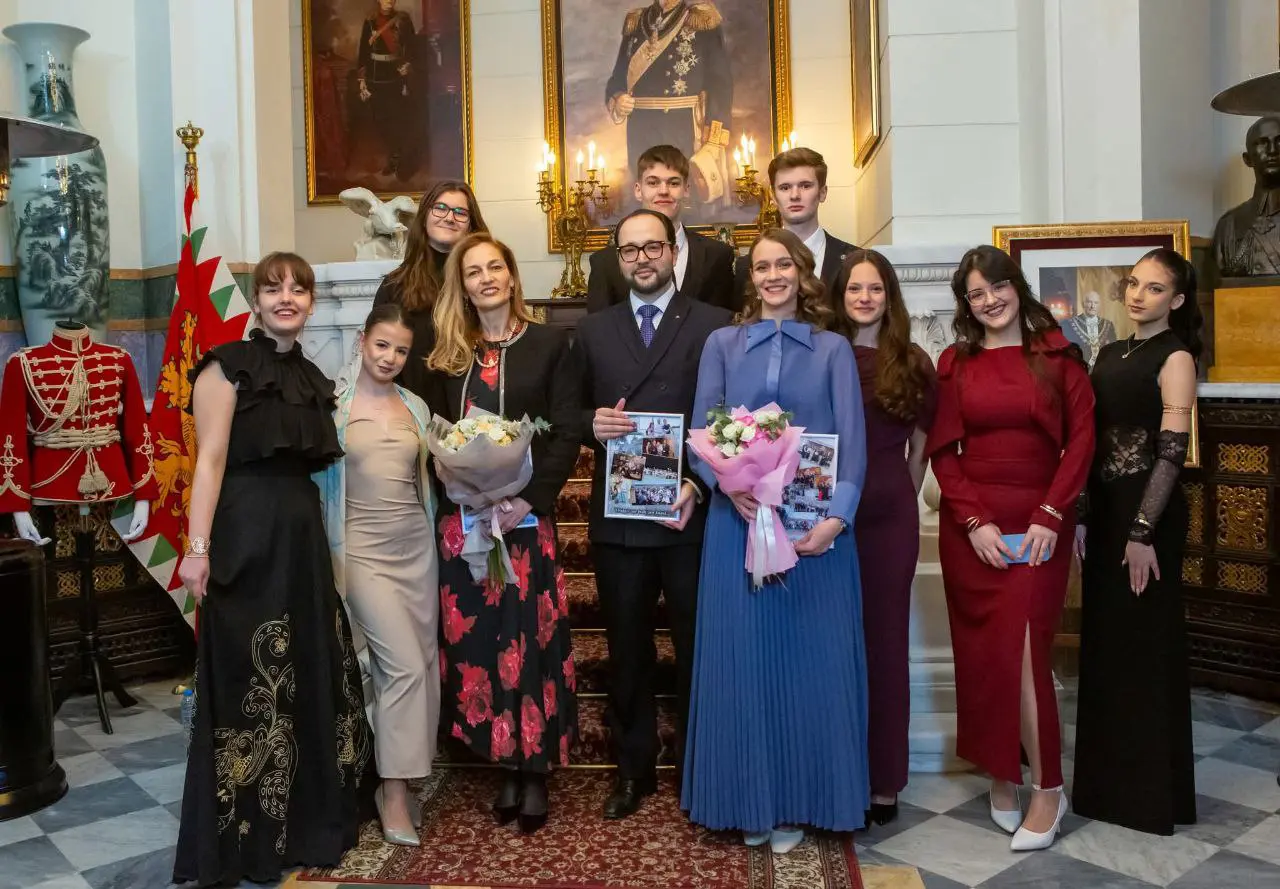On March 9, 2023, 7 Jehovah’s Witnesses and an unborn child were killed by a mass shooter during a religious service in Hamburg. The killer was a former member of the congregation, who had left more than a year ago, but had allegedly grievances against his former group, and against religious groups in general. He killed himself after perpetrating the massacre.
Whilst the multiple murders triggered messages of sympathy and support for the Jehovah’s Witnesses from the German authorities, there has not been any international move or expression of sympathy from other European governments. Moreover, some “anticult” activists used the momentum to blame the Jehovah’s Witnesses for the murder, arguing that the murderer could have had good reasons to act, to be found in his association with the religious movement and its doctrine.
Would it be people excusing a rapist and blaming the rape victim for the rapist behavior, this would have triggered a legitimate outcry. Would it be someone blaming terrorism victims for what happened to them, this would have certainly led to criminal prosecution. Here, nothing of that kind happened.
So we decided to reach out to Raffaella Di Marzio, a well-known expert in the psychology of religion. Raffaella is founder and Director of The Center for Studies on Freedom of Religion, Belief and Conscience (LIREC). Since 2017, she is Professor of Psychology of Religion at the University of Bari Aldo Moro in Italy. She has published four books and hundreds of articles about cults, mind control, New Religious Movements and anti-cult groups and is among the authors of three different encyclopedias.
The European Times: You said that to prevent such massacres, law enforcement agencies should investigate anyone who incites hatred toward a particular religious minority. Can you explain the link and why this would be efficient?
Raffaella Di Marzio: According to the OSCE definition “Hate crimes are criminal acts motivated by bias or prejudice towards particular groups of people. Hate crimes comprise two elements: a criminal offence and a bias motivation”. Bias motivations can be defined as prejudice, intolerance or hatred directed at a particular group sharing a common identity trait, such as the religion. I think that dissemination of false information about religious minorities causes prejudices. This is very dangerous, in particular, for the religious organizations that have the minority status in a given territory and the political and media focus on them at a particular moment. I think that law enforcement agencies should monitor all people and organizations who spread false information using a language of hatred towards a particular minority. While it is difficult for law enforcement agencies to pre-emptively identify an individual capable of carrying out massacres such as this one, it is incumbent on them to investigate anyone who incites hatred toward a particular religious minority. It often happens, in fact, that from hate speech one moves on to incitement to hatred and finally to direct and violent action against certain minorities who become easy “targets,” thanks in part to the “cult” stigma amplified by the media without any discernment.
ET: In Europe, there is an anti-cult movement which is active and targets religious groups as the Jehovah’s Witnesses. Do you think they bear responsibility of any kind when such an event occurs?
RDM: It’s very important to say that also ODIHR’s hate crime reporting includes reports of physical assaults and murders which indicate that Jehovah’s Witnesses are particularly at risk. The responsibility of the anti-cult organizations is obvious in many cases. For example, Willy Fautré from Human Rights Without Frontiers wrote about defamation cases where anti-cult groups have been condemned by European courts in Austria, France, Germany and Spain and CAP-LC (Coordination des Associations et des Particuliers pour la Liberté de Conscience), an NGO with special consultative status at the United Nations’ ECOSOC (Economic and Social Council), has filed a written statement to the 47th Session of the United Nations’ Human Rights Council published on 21 June 2021 which denounces the defamation policy, the incitement to stigmatization and hatred towards certain religious and belief groups by FECRIS (European Federation of Centres of Research and Information on Cults and Sects) and its member associations. Discrimination and intolerance, often conveyed through warped news, have a serious, negative impact on groups and individuals that end up being ostracized and persecuted by governmental entities, and sometimes victims of hate crime.
ET: Some anti cult people in Germany blamed the Jehovah’s Witnesses in the media, finding excuse to the shooter because he was a former member who certainly had good reasons to have grievance against the Witnesses. What do you think about that? You have been and expert for years now on the topic of discrimination of religious minorities, and in fact, before, you were part of the anti-cult movement before to realize its danger. So you have a direct knowledge of them. Do you think that this kind of events may help them realize that they are acting wrongly, or do you think they will just continue?
RDM: Unfortunately, I think that this kind of things will just continue. Indeed, after the massacre in Hamburg took place, some members of anti-cult organizations not only didn’t realize that they were acting wrongly but started posting comments on social media saying that the killer was an ex-member ostracized by Jehovah’s Witnesses, and almost justified him for what he did.
ET: Do you fear that such events become more frequent?
RDM: I think so, unless we prevent them. Prevention is the main objective of The Center for Studies on Freedom of Religion Belief and Conscience (LIREC) of which I am director. It has dealt many times with media campaigns in which a “criminal” fact is arbitrarily linked to a religious minority and used as a pretext to insert it in an allusive information context that prompts the reader to get an idea of the organization as if it were “controversial”, involved in “dark plots” and would be dangerous for the individual or society.
Faced with these cases, which are repeated and affect minorities that are very different one from each other, our task is to counteract the disinformation and promote objective and documented knowledge on minorities, whether religious or not.






